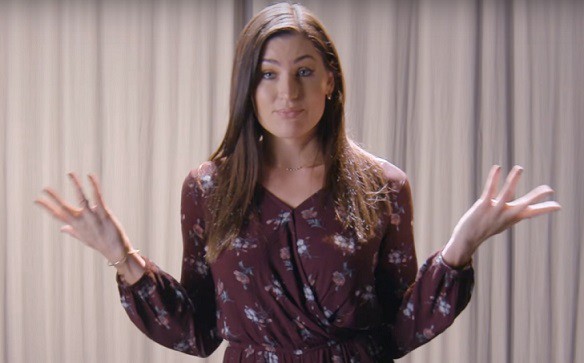Elle Fanning-starrer “3 Generations” and Eddie Redmayne-led “The Danish Girl” are just two recent movies starring cis-gender actors playing trans characters. Both films sparked controversy, and understandably so: trans characters are rarely depicted onscreen, and when two high-profile projects came along, trans actors weren’t cast to tell the stories. So, why is that a problem? Allow a new video from GLAAD and ScreenCrush to break it down. “Why Hollywood Needs Trans Actors” features some of the industry’s top trans actors explaining how on-screen depictions of trans, gender non-conforming, and non-binary people have the potential to do great harm or good.
“You know we’re real people, right?” asks Alexandra Grey (“Drunk History,” “Transparent”). Trace Lysette (“Transparent”) adds, “We’re not all serial killers and hookers,” an acknowledgment of how trans characters are often depicted. The video emphasizes that there are trans lawyers, doctors, teachers, and actors — but we rarely see trans characters with these jobs in film and television, which is a problem, especially because for “many young or closeted trans people, film and television is the first — or only — time that they see themselves.”
“Why Hollywood Needs Trans Actors” includes some important statistics: In 2015, just one trans character appeared in a major studio film, and that same year only 16 percent of Americans knew a trans person. That means that the remaining 84 percent of people didn’t have any actual experience with trans people — just what they saw in the media. And the media often reduces trans people to punchlines and plot twists.
The vid also addresses some questions and concerns about casting trans actors — such as the claim that no trans actors have big names, and thus can’t carry a film.
The video is part of ScreenCrush’s franchise “Our Hollywood,” which “highlights the experiences and perspectives of minorities working in film and television.” “Our Hollywood: Trans Actors” is the first series, and explores “the past, present, and future of transgender visibility in the industry.” The series will roll out across June — LGBTQ month.






